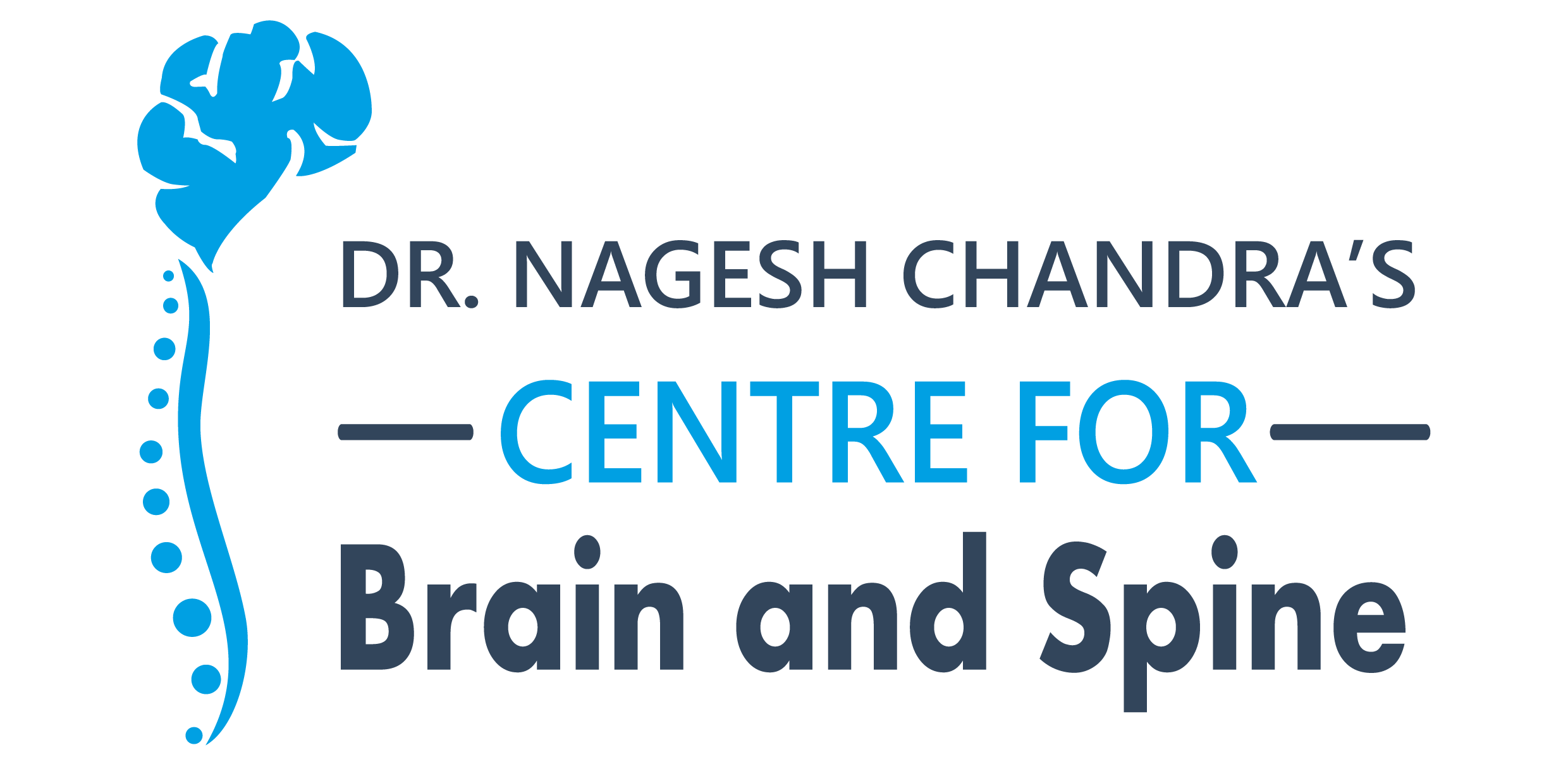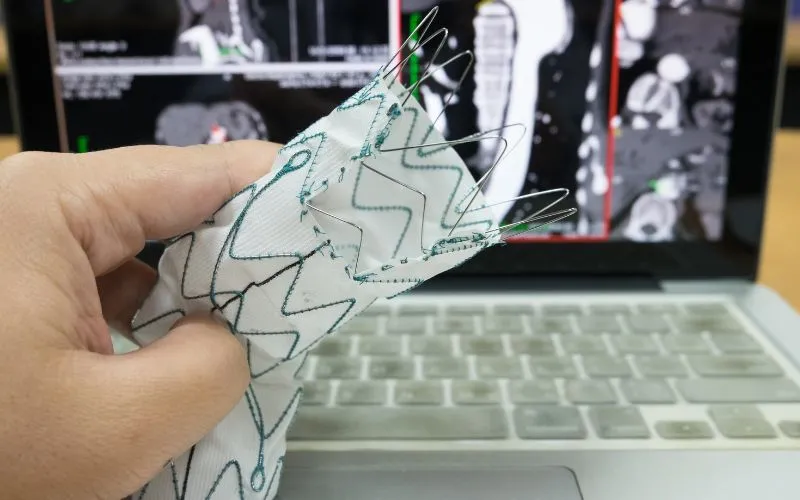Vascular neurosurgery is a highly sought-after and rapidly advancing field within neurosurgery. Vascular neurosurgeons use modern technology to treat brain and spinal cord problems involving blood vessels such as arteries and veins. Within vascular neurosurgery, a range of techniques are employed, including traditional open surgical methods (known as open vascular techniques) and minimally invasive procedures performed through blood vessels (known as endovascular techniques).
These methods enable neuro specialist in Delhi to address a wide range of disorders and restore nerve function for their patients.
What is Endovascular neurosurgery?
Endovascular surgery refers to vessel treatments for diagnosing and treating vascular disease. It involves the use of catheters (long, thin, flexible tubes) to get access to arteries and veins. It permits them to identify and treat various vascular diseases throughout the body.
Benefits of Endovascular Neurosurgery in Delhi
- Reduced Risk: Compared to traditional open surgery, endovascular techniques often carry lower risks of complications such as infection and bleeding. Patients may also experience less pain and discomfort post-procedure.
- Shorter Hospital Stays: Many endovascular procedures are performed on an outpatient or short-stay basis, allowing patients to return home sooner and resume normal activities more quickly.
- Effective Treatment: Endovascular techniques are highly effective in treating many neurovascular conditions, including aneurysms, arteriovenous malformations (AVMs), and strokes. They offer viable treatment options for patients who may not be suitable candidates for traditional surgery.
- Continuous Advancements: The area of endovascular neurosurgery is constantly growing as technology and techniques advance. It gives patients access to the most advanced innovations in neurovascular care.
- Severe Shoulder Arthritis: Patients with advanced arthritis of the shoulder joint, where conservative treatments like medications and physical therapy have not provided sufficient relief, may opt for robotic shoulder replacement. This procedure can reduce pain and improve joint function.
- Shoulder Fractures: Certain types of shoulder fractures, especially those involving the ball-and-socket joint (proximal humerus fractures), may benefit from robotic surgery to ensure accurate realignment and stabilisation of the fractured bones.
Who should get endovascular neurosurgery in Dwarka, Delhi?
Endovascular neurosurgery recommended if you require surgery to address issues with the blood vessels in your head, particularly if you have other health conditions that increase your risk of complications. In some cases, opting for an endovascular procedure before traditional vascular neurosurgery can lower your risk of complications. Your neurosurgeon will assist you in determining the most suitable treatment plan for your specific situation.
Endovascular neurology Treatment in Delhi
Endovascular surgery is used to treat significant conditions such as brain and spinal cord aneurysms, as well as fistulas (unusual connections between arteries and veins) found in these areas. It’s also effective for removing blood clots in the brain during stroke treatment.
What is the Difference between Open Vascular and Endovascular Neurosurgery?
Open cerebrovascular neurosurgery involves traditional surgery way like using craniotomies to address vascular issues in the brain. In contrast, endovascular neurosurgery is a minimally invasive technique where specialised catheters (thin wires) are inserted into blood vessels, usually through the wrist or groin.
These catheters can conduct advanced diagnostic imaging by injecting contrast dyes to visualise the network of blood vessels. Endovascular procedures utilise these catheters to treat conditions such as strokes, and aneurysms, and even to block blood flow (embolism) to brain and spinal tumours.
What are the risks associated with Endovascular Neurosurgery?
Endovascular neurosurgery, while offering many benefits, also carries certain risks, which include:
- Bleeding: There is a risk of bleeding at the catheter insertion site or within the blood vessels during the procedure.
- Blood Clots: Blood clots can form at the catheter site or travel to other parts of the body, potentially causing blockages.
- Infection: Although rare, infections can occur at the catheter insertion site or within the bloodstream.
- Stroke: There is a small risk of stroke during or after the procedure, particularly if blood vessels are inadvertently injured or if blood flow is disrupted.
- Allergic Reaction: Some patients may have allergic reactions to the contrast dye used during imaging procedures.
- Nerve Damage: There is a slight risk of nerve damage, especially if the procedure involves blood vessels close to nerves.
- Kidney Damage: The contrast dye used in imaging can sometimes affect kidney function, particularly in patients with pre-existing kidney problems.
- Device Complications: Issues related to the catheter or other devices used during the procedure, such as dislodgement or malfunction, can occur.
- Long-term Risks: Some procedures may have long-term risks, such as the potential need for repeat procedures or the development of new vascular issues.
What is the recovery process after Endovascular Neurosurgery?
- Hospital Stay: Many endovascular procedures are minimally invasive, allowing for shorter hospital stays compared to traditional open surgeries. Some patients may even go home the same day or after a short observation period.
- Physical Recovery: Patients typically experience less pain and discomfort compared to open surgery due to the smaller incisions and reduced trauma to surrounding tissues. However, it’s important to follow post-operative instructions regarding activity levels and wound care.
- Follow-up Appointments: Regular follow-up appointments with the neurosurgeon are essential to monitor recovery progress, evaluate imaging results, and discuss any ongoing symptoms or concerns.
- Return to Normal Activities: Recovery times vary, but many patients can gradually return to normal activities within a few days to weeks after the procedure, depending on their overall health and the complexity of the surgery.
- Rehabilitation: In some cases, patients may benefit from rehabilitation services, such as physical therapy, to regain strength, mobility, and function, especially if they experienced neurological deficits before the surgery.
It is normal to have questions about your diagnosis or treatment plan. Dr. Nagesh Chandra, a top neurosurgeon is available to give you a second, or even third, opinion. Whether you have a new diagnosis or have already undergone spine or neuro treatment in Delhi, we will ensure that you are on the appropriate road.
Our team of neurosurgery specialist carefully examines your medical history and current diagnosis. During your appointment, we take the time to ensure that you and your family fully understand your situation and our recommendations.

